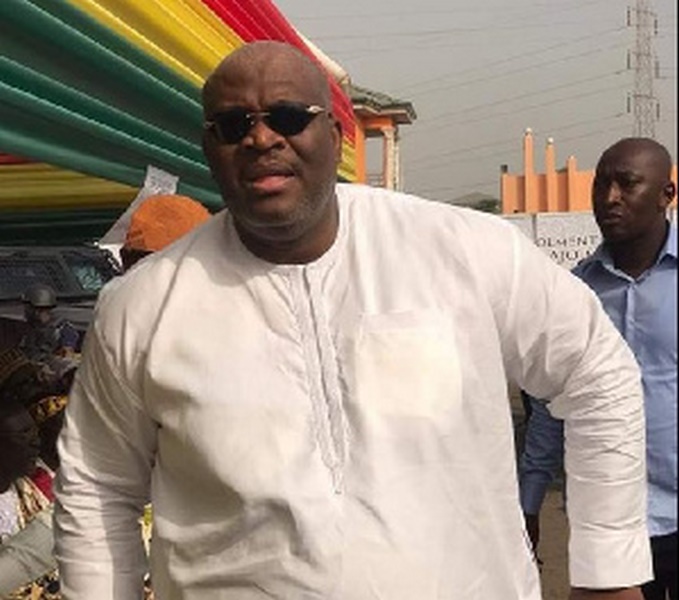The West Africa Action Network on Small Arms (WAANSA) Ghana has lauded the Minister of the Interior, Henry Quartey, for his dedication to enhancing safety and security in Ghana.
This commendation came after a three-day capacity-building session in Abokobi in the Greater Accra Region which involved 25 civil society organizations (CSOs) affiliated to WAANSA-Ghana.
The session focused on the Saving Lives Entity (SALIENT) Project, managed by the UN Systems in Ghana.
Despite their praise for the Minister’s proactive measures, WAANSA Ghana pressed for the urgent approval of the long-overdue Arms Trade Treaty (ATT) implementation Cabinet Memo and the passage of the National Commission on Small Arms Bill. These legislative measures are critical to regulating the proliferation of small arms and light weapons (SALW) in the country.
The CSOs underscored the urgent need for effective control and regulation of SALW, emphasizing that current gun control laws are the weakest link in efforts to counterterrorism, money laundering, and the spread of illicit arms, a concern echoed by the European Union and other international bodies.
WAANSA Ghana highlighted that while the minister’s commitment to citizens’ protection is commendable, the approval of the ATT implementation Memo and the enactment of the National Commission on Small Arms Bill is vital to tackling the root causes of insecurity and violence in Ghana. They stressed that these legislative measures would also curb the illicit arms trade.
Recognizing the minister’s notable achievements in his previous role as Greater Accra Regional Minister, WAANSA Ghana urged him to collaborate with stakeholders to ensure the Cabinet Memo, which has been pending for nine years since Ghana signed and ratified the ATT, is approved. This approval would pave the way for the swift passage of the National Commission on Small Arms Bill into law.
Additionally, WAANSA Ghana called for increased public awareness and education on the dangers of SALW proliferation. They advocated for enhanced government collaboration with civil society organizations and community leaders to promote peace and security, especially in the lead-up to the December 2024 general elections.
The organization stressed that combating the proliferation of illicit SALW requires collective efforts from all stakeholders, as the easy availability of these weapons poses a significant threat to national security. WAANSA Ghana expressed its readiness to work with the government and other partners to make Ghana a safer and more secure nation.
The CSOs also commended the United Nations Development Programme (UNDP), the United Nations Office for Disarmament Affairs (UNODA), and the United Nations Office on Drugs and Crime (UNODC) for their support in advancing the draft Bill and the approval of the ATT implementation Memo.
Ghana stands as the third African nation to benefit from the first phase of the SALIENT Trust fund, spearheaded by UNODA, UNDP, and UNODC. This project aims to tackle armed violence and the trafficking of illicit SALW, promoting a comprehensive approach to sustainable security and development.
Background on the SALIENT Project
The SALIENT project seeks to accelerate the passage of the Small Arms Commission Bill into law, providing essential tools and mechanisms to regulate the trade, possession, and transfer of SALW effectively. Recent global developments highlight the pressing need for a robust strategy to protect sustainable development gains and address the proliferation of small arms.
Implemented in Ghana by WAANSA-Ghana, the National Commission on Small Arms and Light Weapons, and the Kofi Annan International Peacekeeping Training Centre, SALIENT is integrated into multisectoral platforms and initiatives developed over the past two decades by UNDP, UNODA, UNODC, and other UN bodies. These initiatives emphasize the necessity of a collaborative approach to combating armed violence and controlling small arms and ammunition.
Furthermore, the project supports ongoing efforts by UN and non-UN organizations engaged in border control, law enforcement, and crime prevention, underscoring the multifaceted nature of the fight against illicit arms proliferation.

